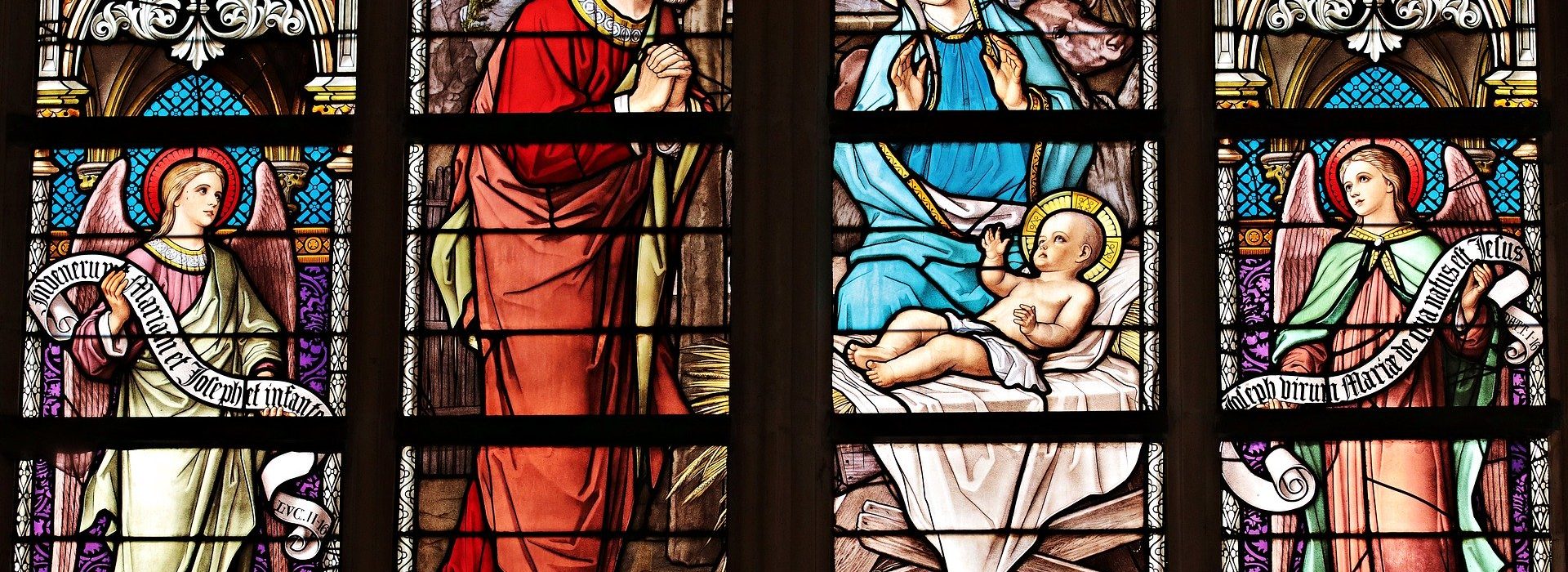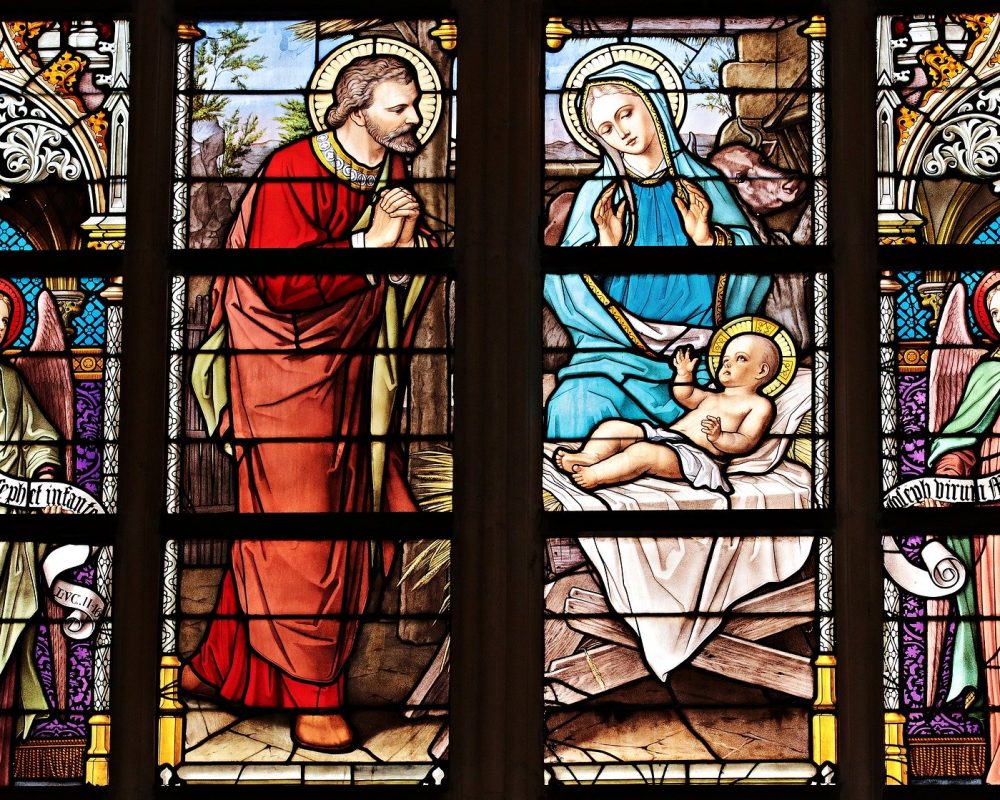Entry Requirements
Requirement: English Language – Grade 5
Recommended: Grade 6+ in Religious Studies or History, English Literature and English Language
Examination Board: OCR
Introduction/General Advice and Requirements
What does the course involve?
The course is split into three equally weighted modules, covering philosophy, ethics and
developments in Christian thought. It is unlike the Religious Studies GCSE you may have taken in that it assumes a certain level of familiarity with the ideas and concepts within Christianity, and provides you with opportunities to delve deeper into the difficult, often uncomfortable, issues of religion, philosophy and ethics.
Is this the right subject for me?
Perhaps unhelpfully, the answer is a cautious ‘possibly’.
If you have a genuine love of reading, if you enjoy writing argumentatively about difficult topics and if you are ready to question, challenge and defend your beliefs, then the answer is yes.
Religious Studies is a fantastic A level option that delves deep into the questions that have plagued philosophy, driving some philosophers towards God and others to despair. This course will certainly appeal to those who have an enthusiasm for thinking and debating some of the biggest questions that face human beings:
● What does it mean to be human?
● Why should we be good?
● Is there life after death?
● How can we live a good life?
● Can we know anything about God?
● Am I free to make my own decisions?
● Does it make sense to be religious in the twenty-first century?
Still not sure?
Thinking for yourself and realising there are often more questions than answers can be both exciting and terrifying, but if you want to develop an inquiring mind and challenge some of the basic assumptions we make about life then a course in Religious Studies could be for you.
Ethical issues are always in the news – the ethics of business and the right to die are some current examples you will explore in this course. This subject explores the issues behind the tabloid headlines and encourages you to become a critical and informed member of society.
The skills you learn through the Religious Studies course are often cross-curricular. Consequently, this qualification complements many other subject areas including English Literature, English Language, History, Psychology, and Sociology.
All universities recognise the value of Religious Studies and know that students studying this subject think openly and clearly, construct rational arguments and write persuasive, evidence-based essays!
Course Content & Assessment
Philosophy of Religion
- Ancient philosophical influences
- The nature of the soul, mind and body
- Arguments about the existence or non-existence of God
- The nature and impact of religious experience
- The challenge for religious belief of the problem of evil
- Ideas about the nature of God
- Issues in religious language
Religion and Ethics
- Normative ethical theories:
- Natural Law (Catholic ethics)
- Situation Ethics (liberal Christian ethics)
- Kantian Ethics (deontological ethics)
- Utilitarianism (non-religious ethics)
- Applied Ethics:
- Medical Ethics
- Business Ethics
- Meta-ethics (ethical language)
- Religious and psychological views on conscience
- Sexual ethics
Developments in Christian Thought
- Augustine and Human Nature
- Death and the Afterlife
- Knowledge of God’s Existence
- The Person of Jesus Christ
- Christian Moral Principles and Action
- Liberation Theology and Karl Marx
- Gender, Theology and Society
- Pluralism, Theology and Society
- The Challenge of Secularism to Religion
How is it assessed?
In terms of formal assessment, you will sit three exams in total, each two hours in length, at the end of your second year. There is no coursework. Each formal exam involves writing three papers on the topics covered over a two year period. Papers are awarded up to 40 marks each, and are usually expected to be between 700 and 1000 words in length. Therefore, each exam is given a mark out of 120, leading to an overall possible score of 360.
You will be assessed internally with a timed paper at the end of every module. This will involve you preparing a topic in advance and writing an essay in timed conditions in the classroom. You will receive feedback on each of these essays that will help you improve your written skills over time.
Career Opportunites
Most professions today require an ethical dimension to their practice. Many philosophers end up pursuing careers in medicine, law, social work, psychiatry, journalism, business, finance, teaching and academia. The course will equip you with critical thinking skills as well as improving your written communication and your confidence in expressing your own thoughts.
Summary
Should you take Religious Studies? As mentioned above, if you have a genuine love of reading, if you enjoy writing argumentatively about difficult topics and if you are ready to question, challenge and defend your beliefs, then we would be very lucky to have you. As with all things in life, think carefully and reach your own conclusion. The answer is entirely up to you.


